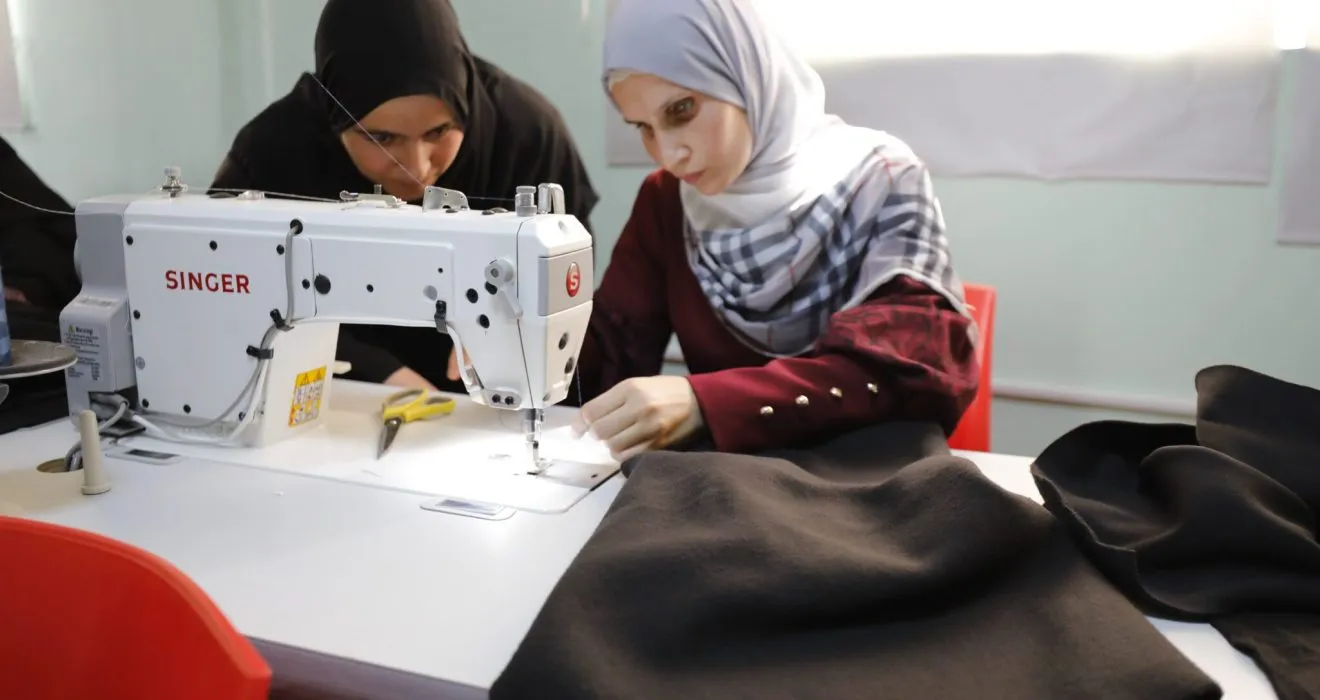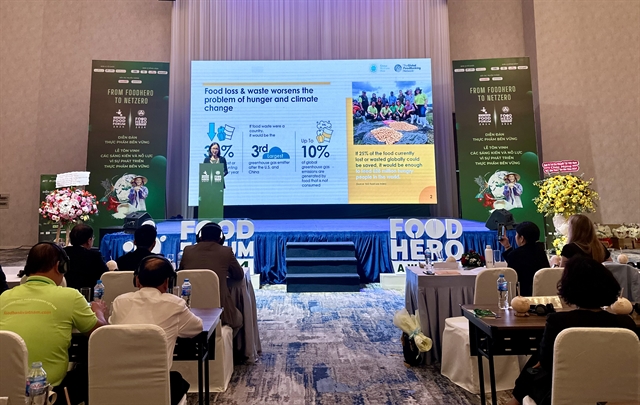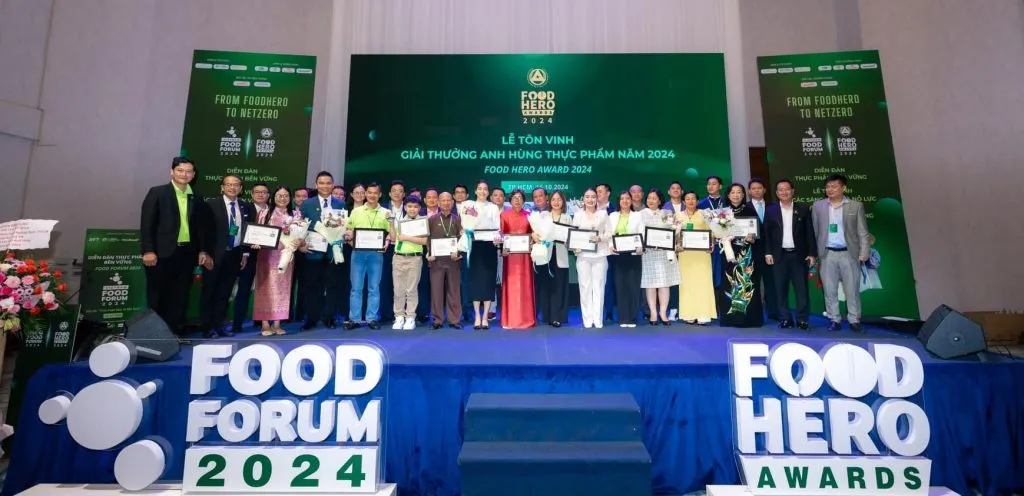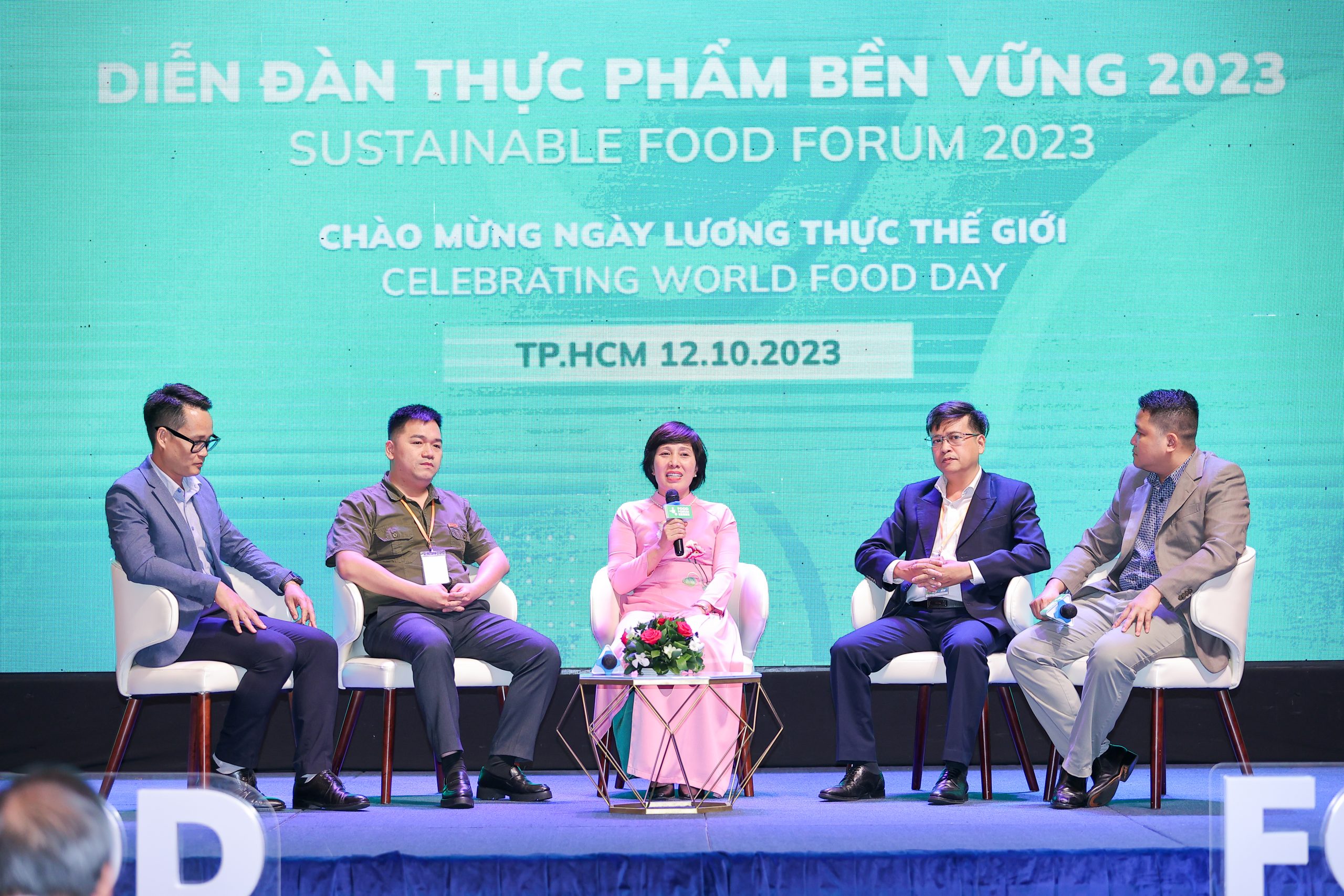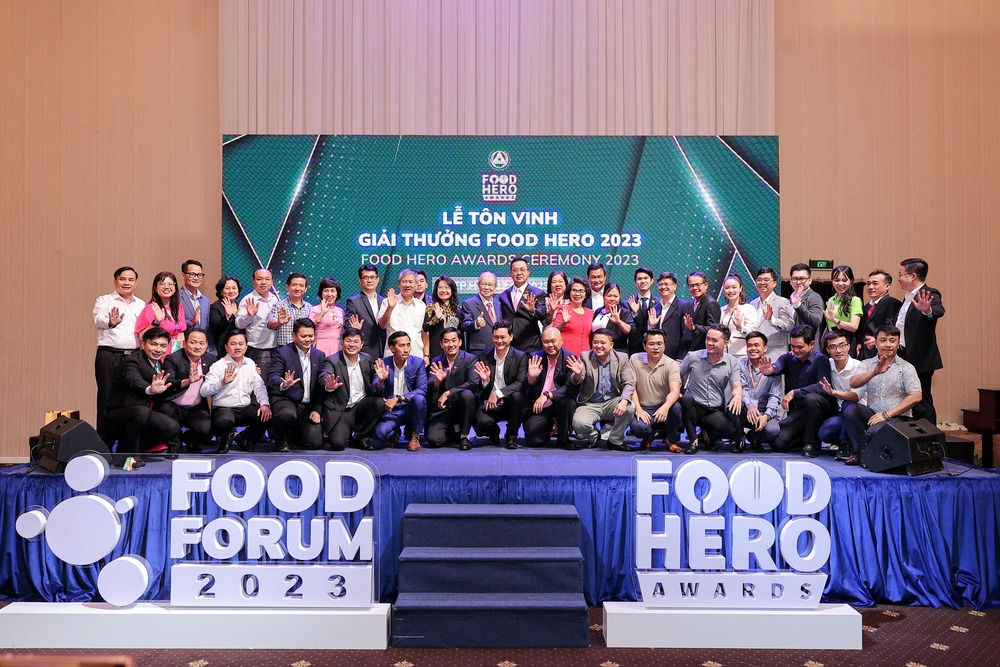Written by Micaela Wu, who served on GFN’s communications team from 2021-2024.
For food bank Rise Against Hunger Philippines (RAHP), school feeding programs are their bread and butter. A significant portion of the food bank’s resources are dedicated to reducing child malnutrition by providing hot meals and food parcels to school-age children. One of RAHP’s well-established school feeding programs is located at Don Bosco Technical Vocational and Education Center in Calauan, a community about two hours outside of Manila. After visiting the program in real life, I understand what Jomar Fleras, RAHP’s executive director, means when he says that it takes a village to feed a child.
As Fleras and I walked up to the small school feeding building around 9:00 in the morning, a woman was giving a rice porridge breakfast to a child, the last ladleful to be served that morning. The girl quickly grabbed her bowl of food and then ran off, to school, I presumed. Toward the back of the building, behind the serving area, a dozen women were preparing pancit, or stir-fried noodles with vegetables and meat, to be served for lunch in just a few hours.

Outside the school feeding building, we were warmly greeted by Realayca Dediles, the head secretary of the feeding center at Don Bosco Technical Vocational and Education Center. She was eager to take me around the facilities, a small two-room building with an indoor kitchen and outdoor food preparation area. Both rooms were bustling with activity — outside, five women were chopping heads of cabbages (of which there seemed to be no end) while others inside, were cooking noodles in 50-gallon pots over an open flame.




During the car ride over to Don Bosco Feeding Center, I learned from Jomar that this community in Calauan created as a resettlement area for people displaced by natural disasters and conflict. The community was established with little infrastructure and counted few job opportunities, hunger and poverty rates are high. When RAHP was established in 2015, Calauan was an area they received multiple requests for food distribution.
Amid the drum of the cleavers chopping and metal spoons clanging against woks at Don Bosco, I spoke with Dediles about how the school feeding program there was made possible through RAHP’s support. “We didn’t really have a school feeding program here before,” said Dediles, when I asked what the program was like before they started partnering with RAHP in 2016. “The health department wants to help us, but the budget from the government was not enough. Rise Against Hunger’s partnership was the answer of every problem here in Calauan, especially in food.”
For the past eight years, the food bank has provided rice-soy meal supplements, vegetables, and other food staples, which Don Bosco uses to serve thousands of meals nearly every single day. Not only have these meals provided sustenance for children who might not otherwise receive a reliable, nutritious hot meal to help them grow and develop; feeding programs like this one also improve academic outcomes and incentivize children to stay in school.
“For some of the students, before, they couldn’t go to school because their stomach was empty so they can’t join the activities,” Dediles said. Children who have enough to eat are also much more likely to do well in school. Thanks to the school feeding program, over 3,500 children receive meals every day from the Don Bosco Feeding Center. And on a monthly basis, the center conducts nutrition monitoring and measures the children’s heights and weights to track their growth and development, especially those that are severely undernourished.
As Dediles led me to the meal packaging area, fragrant wafts of soy and fish sauce filled the air and a cook brought out a huge pan of the finished pancit, which she started packaging into smaller containers for lunchtime distribution. Soon, the women transitioned to cleaning and getting ready for the next day of food preparation, and I was amazed to learn just how much time and energy these women dedicate to this job, which is fully voluntary. “They come here at 5:00 in the morning … Most of the women live nearby, and some of them have been volunteers for five or six years here. They come every day, Monday through Sunday. Being a volunteer is a part of their daily life,” said Dediles.

Though our conversation was only about 20 minutes long, Dediles’ passion and enthusiasm for this work were contagious and left me thinking that we had been talking for hours. “I really enjoy working here,” she told me excitedly, laughing. “When I get to see and monitor the children [‘s nutritional status], I feel so lucky that I am here [and to be the one] helping them. So, I’m so grateful to be here at Don Bosco Calauan.”
As Fleras and I said our goodbyes and hopped in the car to visit another school feeding program supported by RAHP, I was filled with gratitude and awe for the community of women at the Don Bosco Feeding Center who demonstrate unwavering commitment to ending child hunger and the impact that the food bank has on children and community’s livelihoods.
The Global Food Banking Network

